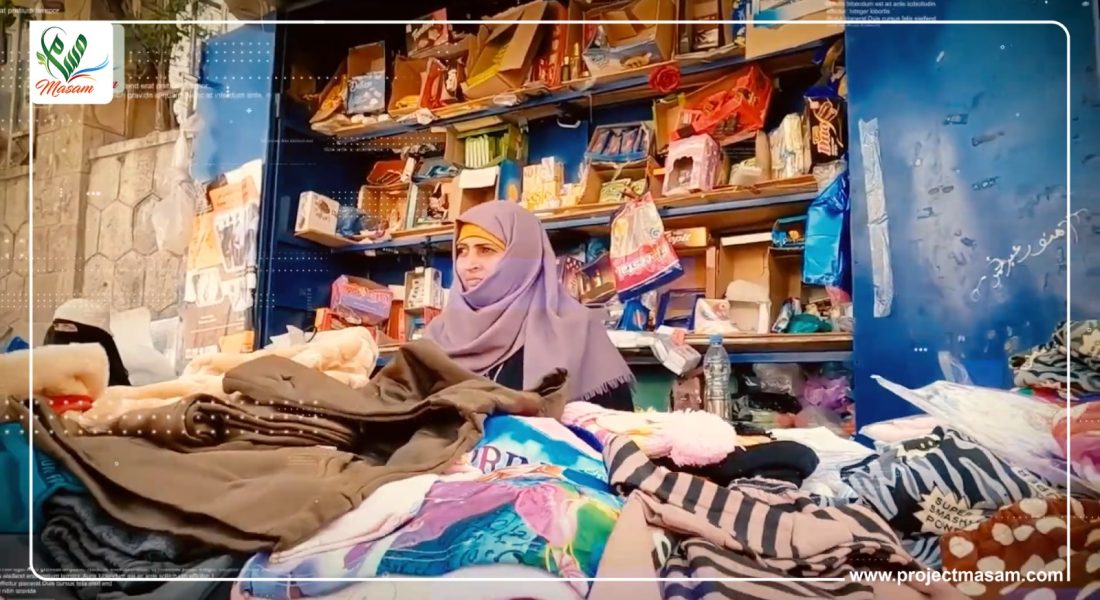Landmines in Yemen have put women in Yemen at risk of major health, social, psychological and economic problems.
It is vital to understand the ways in which landmines impact young girls and women in the southwestern corner of the Arabian Peninsula.
Indeed, women in Yemen face peculiar challenges due to the country’s nine-year war, as 5.5 million women, who suffer from the collapse of the health care system, are in dire need of reproductive healthcare.
A large percentage of women in Yemen are exposed to the risk of death during pregnancy and childbirth. These risks can be evaded by providing a safe corridor free of landmines to reach safe health care and childbirth facilities – which is a reason why Project Masam emphasises some of its landmine clearance operations on vital infrastructure and securing the roads leading to hospitals and health care facilities.
Societally, women with amputations caused by landmine injuries are often stigmatised, viewed as a burden in the Yemeni society, and may be divorced or overlooked as expected wives. This makes the psychological toll of mines on women in Yemen extremely unfair. To this effect, Project Masam is dedicated to changing attitudes and behaviours through its awareness-raising campaigns on the dangers of mines and their impact on civilians.
In addition, in Yemen, it is usually women and girls’ role to walk long distances to bring drinking water for their families; which in turn makes them more vulnerable to randomly and deliberately-planted explosives near water wells. Sadly, Project Masam has received a huge number of reports of deadly devices near in inside these vital areas, and works towards clearing water supply areas to reduce this risk.
Women and children represent 75% of the displaced, with women sustaining 26% of the displaced families (according to the United Nations Refugee Agency, UNHCR), and their earning opportunities are limited due to the poor health conditions they suffer from, especially when displaced.
With this in mind, Project Masam is continuing its efforts to clear the high-impact areas to allow displaced families, sustained by women, to return to their homes safely, practice their activities of grazing and agriculture.

